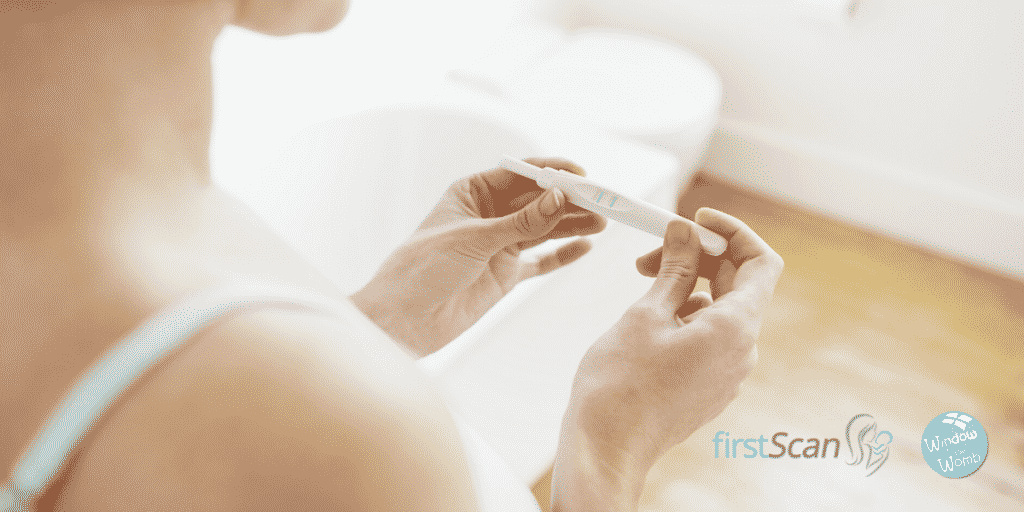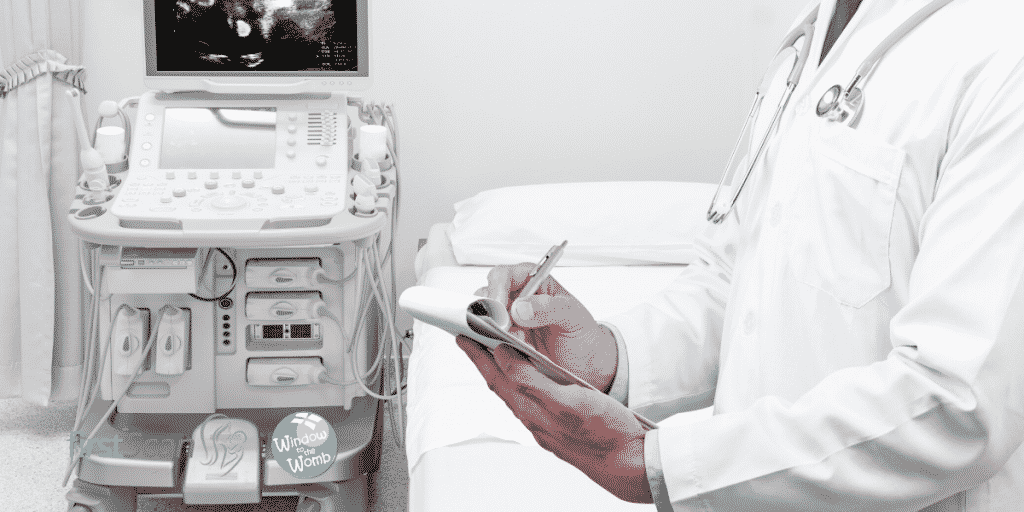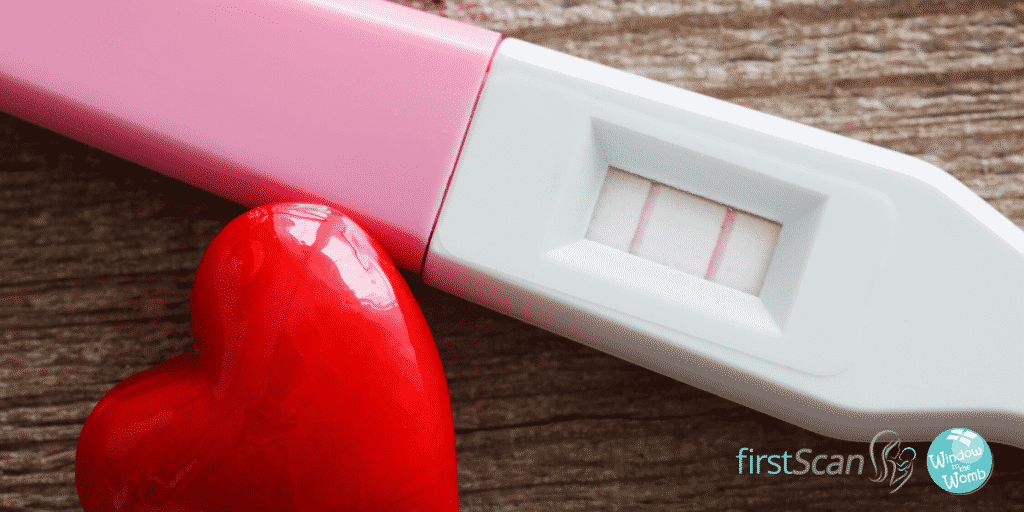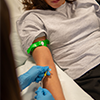All You Need to Know About Pregnancy Testing
Your pregnancy tests explained. This guide is to help you understand the differences in pregnancy tests and the options available to you.
What is a Pregnancy Test?
Pregnancy tests are designed to tell if your urine or blood contains a hormone called human chorionic gonadotropin (hCG).
When the egg and sperm fuse together (fertilisation), they make a new cell from their genetic material. This cell divides, each time creating new cells. These cells multiply until they finally make an embryo.
Cells within the embryo develops into the baby’s placenta (which provides oxygen and nutrients to baby). At this point the cells start to produce hCG. This happens before the embryo implants in the uterus (womb) When the embryo implants more hCG is produced. This hormone then tells the body you are pregnant and stops the body having a period.
Levels of hCG peak at about six weeks of pregnancy. So, by the time your period is a week or two weeks late, you should get a definite result if you take a pregnancy test.
When to Take a Home Test?

Although some ultra-sensitive tests can advise you are pregnant five days before a missed period, it is recommended to wait until the first day of your missed period before taking a urine test. This will usually be 2 weeks after conception.
If you take the test to early the hCG levels may not be high
enough to detect and you will have a negative result, even though you are
pregnant.
Always read the pregnancy test packaging/instructions, as these can vary
between brands. It is usually recommended that you take a pregnancy test with
your first morning wee. The highest concentration of hormones will be detected
at this time.
If you have irregular periods, it may be difficult to work out when your next period is due. In this case you should go off your longest cycle that you have had in the last 6 months. Alternatively, you should wait three weeks after you think you may have conceived before carrying out a test.
If you have recently stopped taking contraception, such as the pill, you may not know how long your natural cycle should be. If your test is negative, it is suggested you should wait 3 more days before taking another test.
Blood Test

A doctor can carry out a blood test to find out if you have conceived. This is much more sensitive than a urine test and can tell whether you’re pregnant as soon as six days after fertilisation.
Women who are showing symptoms of ectopic or molar pregnancy, or who have had complications before, may be offered a blood test to check for hCG.
Your doctor will most likely refer you to your nearest early pregnancy assessment unit (EPAU) to have your blood test, if you need one.
A doctor can carry out a blood test to find out if you have conceived. This is much more sensitive than a urine test and can tell whether you’re pregnant as soon as six days after fertilisation.
Women who are showing symptoms of ectopic or molar pregnancy, or who have had complications before, may be offered a blood test to check for hCG.
Your doctor will most likely refer you to your nearest early pregnancy assessment unit (EPAU) to have your blood test, if you need one.
Negative Test

There are several reasons you may have a negative result:
- The first is that you are not pregnant on this occasion.
- You have taken the test without following the instructions correctly.
- You have taken the test to early and the hCG levels are not strong enough to be detected.
- Pregnancy tests can vary in sensitivity – Some tests are more sensitive than others. You can find out how sensitive a home pregnancy test is by reading the information leaflet. Concentrations of hCG are reported in milli-International Units (mIU) per millilitre. The lower the number, the more sensitive the test. For example, a test that has a sensitivity of 10mIU/ml is more sensitive than one with a sensitivity of 40mIU/ml.
If you still think you are pregnant after taking a negative test you should wait a few more days and take another test. If this is also negative and your period has not arrived, you should consult a doctor.
Positive Test
A positive test result is almost certainly correct if you have followed the instructions correctly. False positives, when the test says you’re pregnant but you’re not, are rare but not impossible. These usually occurs if you are taking certain medication such as:
- Promethazine
- Medicines used to treat Parkinson’s disease
- Hypnotics (sleeping tablets)
- Tranquillisers
- Diuretics (used to treat conditions such as heart failure.
- Anticonvulsants (medicines that prevent seizures or fits)
- Medicines used for infertility
If you are unsure if the medication you are taking may affect your results, talk to your G.P or a local pharmacist. You can also visit the NHS website for more details.













 Packages & Prices
Packages & Prices  Important Info & Policies
Important Info & Policies  Your Scan
Your Scan